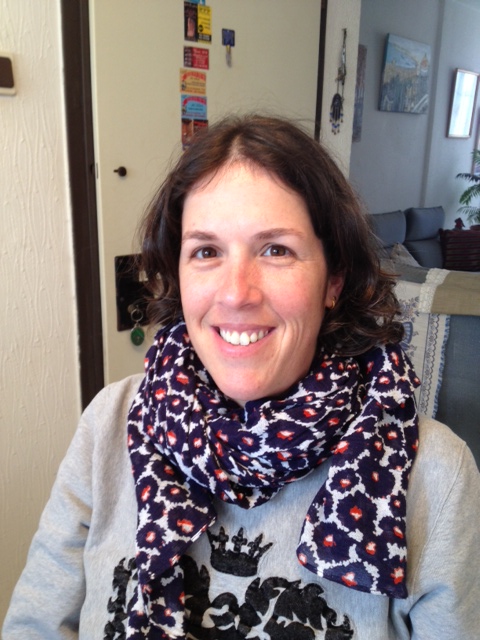
Ph.D. Candidate
Doctorand at the University of Haifa
On scholarship at the Bucerius Institute
Conferences attended in 2011-2012
“Non-Jews and Jewish Studies in Post Second World War Germany 1967-1989”, oral presentation at the 12th EAJS Summer Colloquium “Wissenschaft des Judentums in Europe: Comparative Perspectives” at Oxford University, July 23-26, 2012. Judaistik/Jewish Studies in Germany 1972-1989
The act of tracing the revival of Jewish studies in German academia following WWII, may look like an odd combination of several disciplinary approaches; i.e. sociology, anthropology, history, perhaps also philosophy and theology. Questions of identity, motives, desire and vision can be easily mixed with content, method, and academic professionalism. Previous studies touched the existing linkage between politics/political processes in Europe and Germany and the development of Jewish Studies; while I am trying to provide an in-depth analysis in my dissertation.
The first two German-born citizens, who studied “Jewish Studies/Jüdische Studien” or Judaistik towards obtaining a PhD in Germany, were Hermann Greive (born 1935) and Peter Schäfer (born 1943).
Greive completed his studies at the University of Köln in 1967 and submitted the Habilitation in 1971. He was teaching and working at the Martin-Buber institute, until his assassination by one of his students, in January 1984. This case was never discussed academically, and was only briefly mentioned in German media.
Schäfer graduated in the University of Freiburg in 1968, and habilitated in Frankfurt in 1973. He was also working in Köln from 1974 until 1984, when he was appointed director of the Judaistik Institute at the Freie Universität Berlin. He held this chair till 2002, and since 2003 he is the head of Judaic Studies at Princeton University. He declared recently that he approached Jewish Studies out of “theological interest” but remained in this field all these years in order to “strengthen this discipline as an independent entity”. Today, Schäfer is considered to be a world-wide expert in the field of Jewish mysticism, Kabbala etc, and surely the “father” of the “Schäfer School”: a new generation of scholars, active in some leading institutions, both in Germany, as well as in North America.
Greive and Schäfer, along with Marianne Awerbuch in west-Berlin (FU); Heinrich and Marie Simon in East-Berlin (Humboldt University) and some others, maintained their academic and personal lives under an on-going political sphere of change; including an intensive pubic debate concerning Germany’s identity, its nationalistic character in the past and present, its guilt, and other similar issues which were raised daily. Television productions, such as the German “Heimat” and the American “Holocaust” represent, perhaps, on a nutshell, the two extremes of this debate. Following the 68′ students revolution, there was a harsh economic recession, and a series of historical events took place; such as the terror acts of the RAF (The Baader-Mainhof group); the murder of the Israeli athletes during the 72′ Munich Olympic games; the Air-France flight to Entebbe hijacking in 1976 etc.
In addition to the “Berlin scene” where we can claim that Schäfer played a significant role till the end of the 80’s, perhaps even the mid 90’s, we should place a special examination to the establishment and development of the “Hochschule für Jüdische Studien Heidelberg” (HfJS) which was established in 1979 by the Jewish “Central Council of Jews in Germany” (Zentralrat der Juden in Deutschland) as an independent recognized academic institution, near the University of Heidelberg.
Following Germany’s unification, and in particularly beginning at the first few years of the 90’s, a massive wave of general development, building and promotion was strongly flooding – both economically as well as in the social, cultural and political level. During this period, more then 200,000 FSU Jews immigrated to Germany, but it seems that this was not the main reason for the intensive demand to study “Judaism” neither to the extensive growth of Jewish Studies as an academic field of knowledge. For example, only in 1989 26,000 new bibliographical items were documented under the framework of German-Jewish history. Between 1986 and 2001, 798 dissertations and Habilitation works were submitted in Germany, dealing with the history of the German-Jews (in a broad context) and some more concerning additional Jewish themes, such as rabbinical literature, Hassidism, linguistics etc. Therefore, I shall also examine some new trends, topics and researchers in Jewish Studies through the first post-unification decade (1989-1999) and focus on the emerged non-Jewish scholars standing out here.

